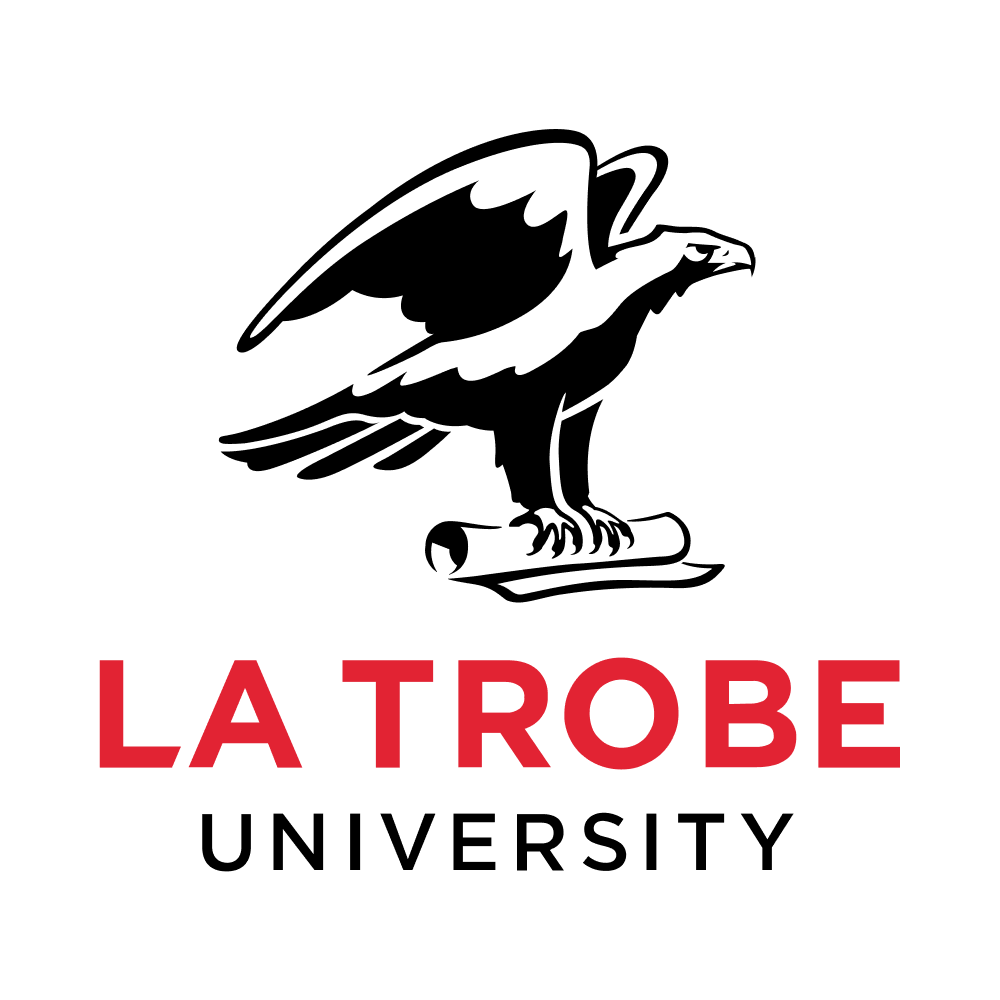La Trobe University
Master of Logistics and Supply Chain Management
- Delivery: Face to Face
- Study Level: Postgraduate
- Duration: 24 months
- Course Type: Master's
Understand and apply sustainable, responsible business practices and the circular economy, both nationally and globally.

Course overview
Tackle real-world logistics and supply chain challenges while using emerging analytics technologies to transform business practice with La Trobe's Master of Logistics and Supply Chain Management.
Designed and delivered in consultation with industry professionals, our Master's course champions the application of knowledge while fostering digital literacy and employability skills, enabling you to excel in this dynamic and thriving field.
Key facts
July, 2026
What you will study
To qualify for the award of Master of Logistics and Supply Chain Management, students must complete a total of 240 credit points across two years. Each subject is valued at 15 credit points , unless otherwise indicated.
Year One
- 120 CP from chosen core subjects
Year Two
- 15 credit points from chosen capstone subject
- 60 credit points from chosen core subjects
- 15 credit points from chosen core choice subject
- 30 credit points from chosen electives
Core subjects
Complete the following:
- Academic Integrity Module
- Analytics for Supply Chain and Logistics
- Foundation of Logistics and Supply Chain Management
- International Transport and Logistics
- Management of Service Supply Chain and Operations
- Predictive Analytics
- Principles of Business Analytics
- Sustainable Procurement and Supply Planning
- Visual Analytics
- Business Research Methods
- Business Strategy
- Project Management
- Project Management in Practice
Core choice subjects
Choose one of the following:
- Business Application of Analytics
- Business Work Placement
Capstone subject
Complete the following:
- Emerging Trends in Logistics and Supply Chain Management
Electives
Choose two electives.
A range of standalone elective subjects is available in this course. Some electives are recommended for your course, but you may also be able to choose from a range of University-wide electives or electives from other interest areas or disciplines. Note these electives may have their own prerequisites and other requirements. Contact the university for the subjects available.
Entry requirements
To be considered for admission to this degree you will need to meet at least one of the following criteria:
- Completion of an Australian bachelor degree (or equivalent).
- Completion of the Postgraduate Qualifying Program.
Recognition of Prior Learning
Credit for previous study is the recognition of prior study or learning that can be counted towards a qualification. This can reduce the number of subjects required to complete your course. The amount of credit received depends on the level and relevance of your previous study and the number of subjects completed. Contact the university for more details.
Outcomes
Careers outcomes
Graduates may pursue careers in roles such as:
- Procurement, Supply Chain and Operations Manager
- Logistics and Supply Chain Consultant
- E-commerce and Omnichannel Specialist
- Sustainability and Circular Supply Chain Specialist
- Supply Chain Innovation and Technology Manager
Learning outcomes
- Evaluate comprehensive logistics and supply chain management concepts and industry best practices to enhance business efficiency and effectiveness.
- Utilise data analytics to derive valuable insights, make evidence-based decisions and drive innovation across end-to-end supply chains.
- Formulate logistics and supply chain strategies to promote circular economy and sustainability across environmental, social and economic dimensions, aligning with the United Nations Sustainable Development Goals (SDGs).
- Apply effective communication, business and digital literacy skills to drive success in the field of logistics and supply chain management.
Fees and FEE-HELP
Estimated fees per year 2026: $34,400 (domestic full-fee paying place).
All costs are calculated using current rates and are based on a full-time study load of 120 credit points for one year.
A student’s annual fee may vary in accordance with:
- The number of units studied per term.
- The choice of major or specialisation.
- Choice of units.
- Credit from previous study or work experience.
- Eligibility for government-funded loans.
Student fees shown are subject to change. Contact the university directly to confirm.
FEE-HELP loans are available to assist eligible full-fee paying domestic students with the cost of a university course.








